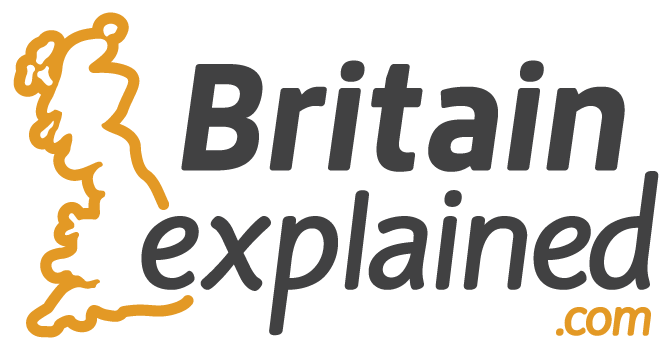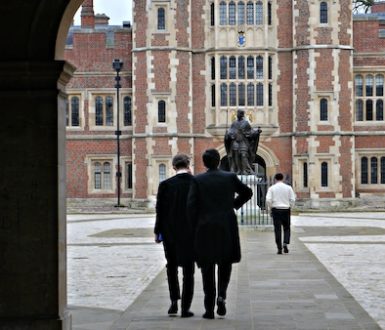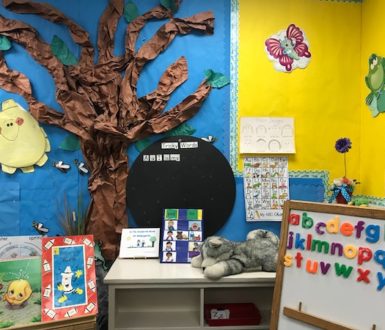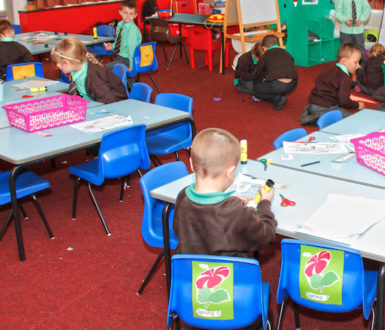What all those school names mean

Over 90% of British pupils go to state school. But there are many different types – here’s a simple guide.
Most mainstream schools are for mixed abilities (also known as comprehensive). However, there are some differences in other types of school.
You might hear schools being described as one of these:
- Primary school: The first stage of schooling in the two-tier system, for children aged 4-11.
- Secondary school: The second stage of schooling in the two-tier system, for children aged 11-16 or 18.
- Lower school: Some towns have a three-tier school system. Lower schools are for children aged 4-9.
- Middle school: Used in the three-tier system. For children aged 9-13.
- Upper school: Used in the three-tier system. For children aged 13-16 or 18.
- High school: A general word for secondary school or upper school.
- Comprehensive: A secondary or upper school for children of any ability.
- Selective: A school that uses an entrance exam to select only those above a certain level of ability.
- Academy: Academies are usually state schools funded direct by government, rather than a local council. However, there are a few private schools that also use the word ‘academy’.
- Free school: set up by a group of people, for example local parents, teachers or businesses. Funded direct by government.
- Grammar: secondary school for children passing the 11+ entrance exam. A selective school.
- FE (further eduction) College: for children aged 16-18. Sometimes adults can attend too.
- Special school: for children with special needs, for example autism or blindness.
- UTC (university technical college): technology-focused schools for children aged 14-18. A type of ‘free’ school.
- Studio school: small school for children aged 14-18 that focuses on skills (for example, dance, engineering or business) alongside traditional GCSE subjects. A type of ‘free’ school.
- Combined: mixed lower and middle school.
- VC (voluntarily controlled): partly run by a charity
- VA (voluntarily aided): a church school or faith school. It can choose who to accept. Most faith schools will accept children of any religious faith.
- Grant aided: Scottish schools for children with special needs, sometimes called ASN schools.
- Foundation: owned and run by a governing body. It can choose whom to accept
- Welsh Medium: schools taught in Welsh
- Gaelic Medium: Schools and nurseries where Scottish Gaelic is the main language used. If no Gaelic is spoken at home, it is best for your child to go to Gaelic Medium nursery (Sgoil-àraich) before they start Gaelic Primary School (Bun-sgoil).
- State boarding schools: There are a few state boarding schools. These are cheaper than independent boarding schools because the state pays for the educational fees. They can be a popular choice for children living in very isolated areas.
Image: Monkey Business Images/Dreamstime



